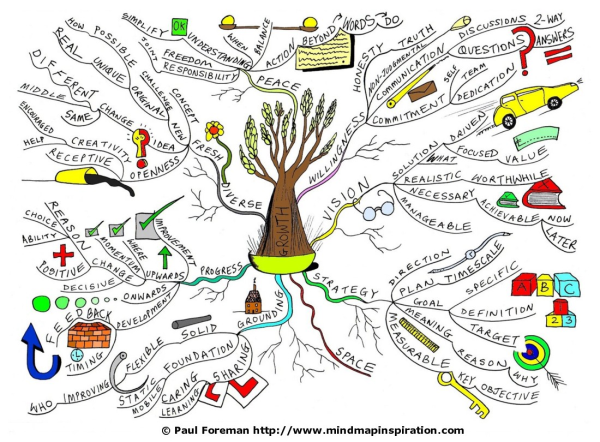Facing Change! How Successful Financial Advisors Move Forward
Change!
When Bob Dylan wrote, “The Times They Are a-Changin'” in 1963, financial advisors were still referred to as the “customer’s man”. A customer’s man was essentially an order clerk who transmitted customers' orders, made sure that the orders were executed, and reported the execution to the customer when the trade was filled. Today, “customer’s man” is a quaintly chauvinist expression that does not nearly convey the roles, responsibilities and skillsets of today’s most successful financial advisors.
[My apologies to Bob Dylan. When he wrote that you better start swimmin’ or you’ll sink like a stone, it is unlikely that he was referring to future changes in the financial services industry.]
Here’s the sobering bit for financial advisors. Fifty years after Dylan composed his iconic tune, the times are still a-changin’; maybe now more than ever.
But for some advisors, old habits die hard. Or as Peter Drucker has said, “It is easier for us to come up with new ideas, than to let go of old ones.”
Change is an Emotional Process
Rosabeth Moss Kanter points out that change is an emotional process. We are all creatures of habit who usually resist it, and welcome the familiar and routine. To many of us, uncharted waters are scary. She outlines some of the more common reasons why we resist change:
- Loss of control
- Excess uncertainty and unknown
- Surprise!
- Everything seems different
- Can I do it? Can I compete? Do I have the skills?
The thing is…the only constant in life is change. It is inexorable. Change happens. Although, we can’t choose for change NOT to happen, we CAN choose how we react to change. Similarly, we are creatures of habit.
Our routines become automatic. Change jolts us into the present and out of our unconscious state, sometimes in uncomfortable ways. Too many changes and differences can be distracting and confusing. It is essential to remain focused on the most important things.

Just Walk Away
In “Forget for Success: Walking Away from Outdated, Counterproductive Beliefs”, authors Eric Harvey and Steve Ventura address the issue that Peter Drucker refers to with respect to ridding oneself of old ideas. They contend that a big part of the change process is being able to walk away from outdated beliefs and practices.
As Harvey and Ventura describe, we all carry a certain amount of baggage in our heads that weighs us down, and holds us back. This encompasses everything from once-valid beliefs and practices that have outlived their usefulness and applicability to misinformation and assumptions that we’ve accepted without much examination or thought.
Simply stated, whatever we accept and believe determines how we behave, and how we behave determines what we achieve. For many of us, changing ourselves means accepting the challenge of walking away from the beliefs and resulting behaviors that no longer serve us very well.
Summing Up
The subject of “change” is an immense and multi-layered topic. Amazon alone has more than 138,000 titles that consider “change” from all of the angles and perspectives. It is unrealistic to expect that we could begin to address this issue in 600 words or less.
However, for some further reading on this topic, here are three good places to start:
- Switch: How to Change Things When Change is Hard (Chip & Dan Heath)
- Immunity to Change: How to Overcome It and Unlock the Potential in Yourself and Your Organization (Robert Kegan and Lisa Laskow Lahey)
- Change is Good…You Go First (Mac Anderson and Tom Feltenstein)
For financial advisors, change is top-of-mind. For themselves, their team, their brand, and their clients. As a coaching company that focuses on the needs and concerns of successful financial advisors, we are intimately engaged in helping our clients adapt and change.
We don’t presume that everything that is faced can be changed, but we do know that nothing can be changed until it is faced.
All the best!
[Image Credits]
Topics: Coaching Business Planning Operations


